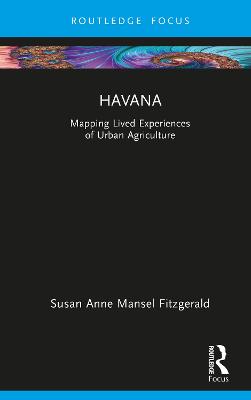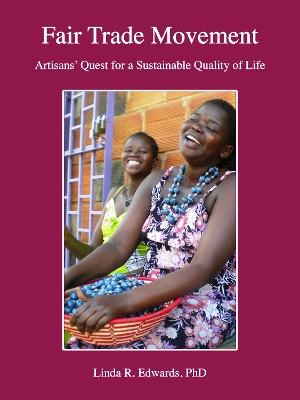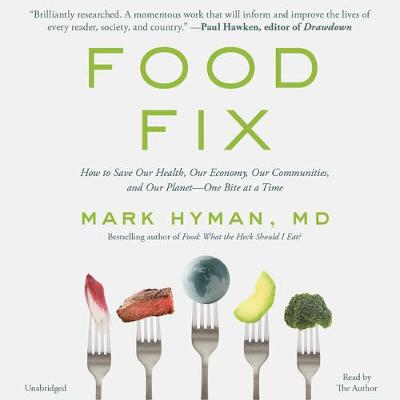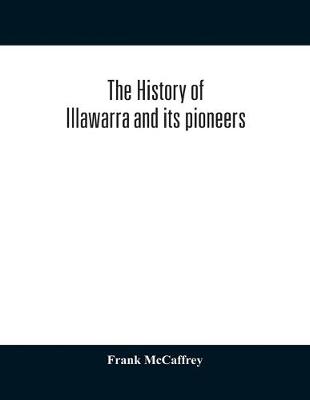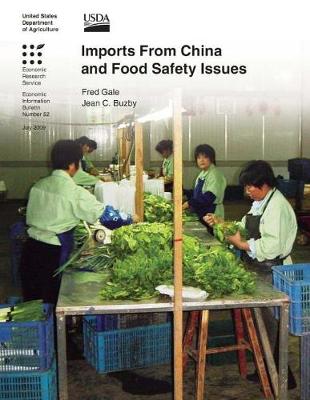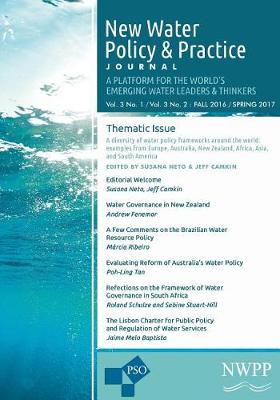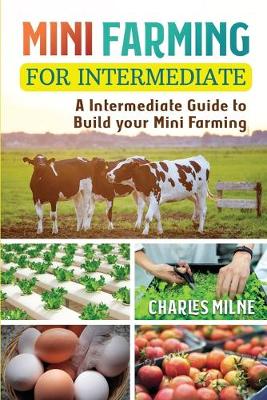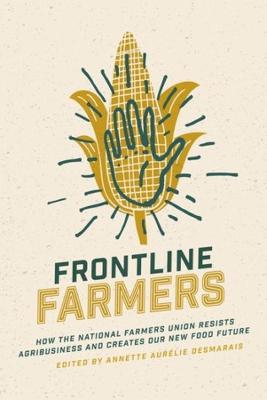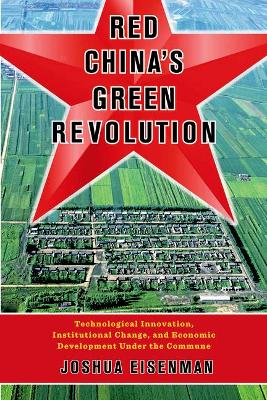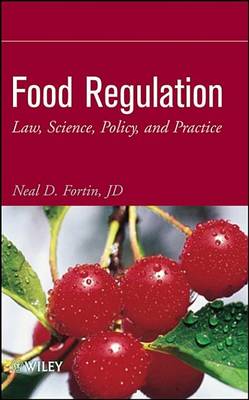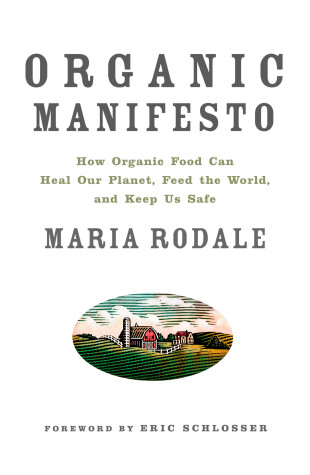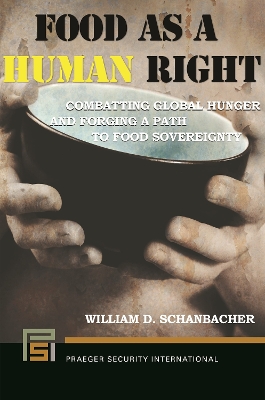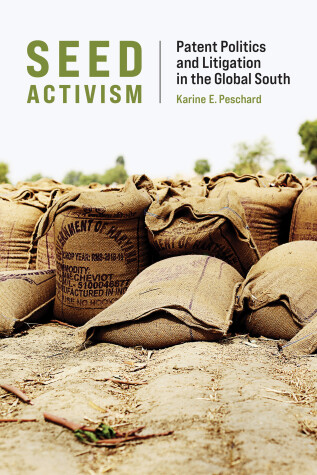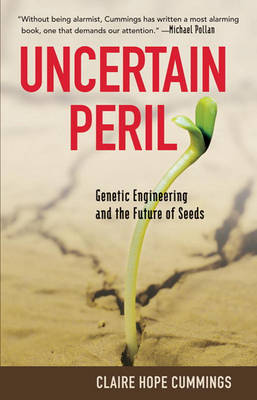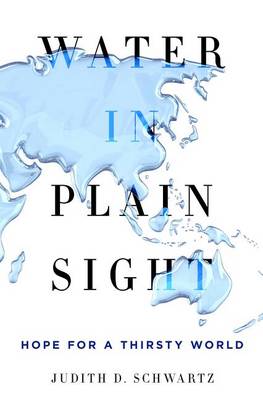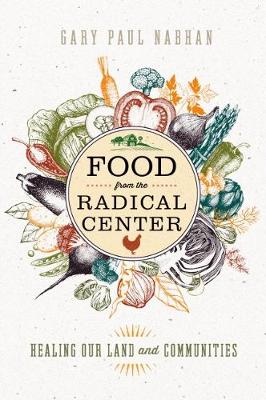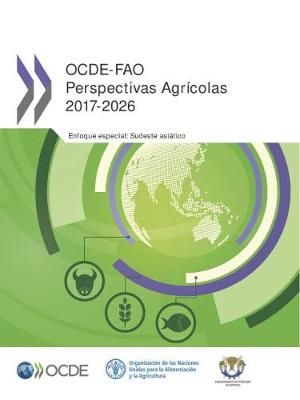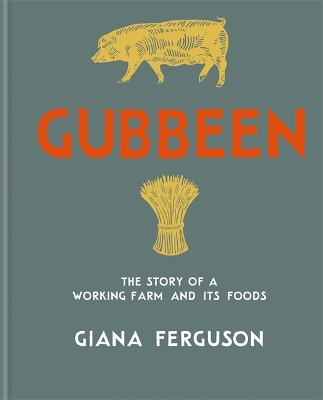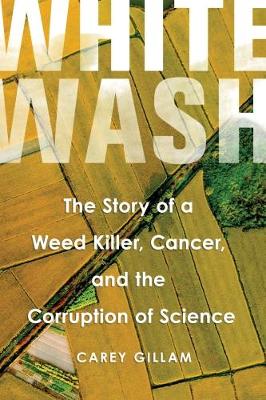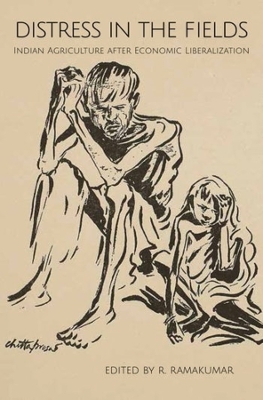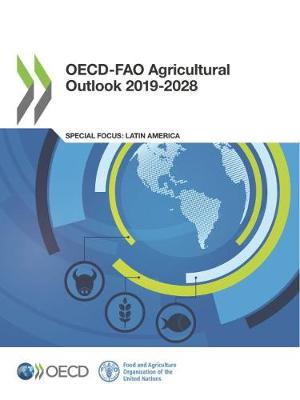Following the crisis of the Special Period, Cuba promoted urban agriculture throughout its towns and cities to address food sovereignty and security. Through the adoption of state recommended design strategies, these gardens have become places of social and economic exchange throughout Cuba. This book maps the lived experiences surrounding three urban farms in Havana to construct a deeper understanding about the everyday life of this city. Using narratives and drawings, this research uncovers th...
Our most powerful tool to reverse the global epidemic of chronic disease, heal the environment, reform politics, and revive economies is food. What we eat has tremendous implications not just for our waistlines, but also for the planet, society, and the global economy. What we do to our bodies, we do to the planet; and what we do to the planet, we do to our bodies. In Food Fix Mark Hyman explains how our food and agriculture policies are corrupted by money and lobbies that drive our biggest glo...
Who grows the food we eat? How important is it that family farms are viable in Canada today and in the future? How do viable family farms help determine the safety, diversity and sustainability of Canada's food systems? Why is this important to those of us who do not farm? Frontline Farmers introduces readers to the National Farmers Union (NFU). For over fifty years, the NFU has been on the frontlines of our food system. From fighting against transnational corporations that seek to control our...
China's dismantling of the Mao-era rural commune system and return to individual household farming under Deng Xiaoping has been seen as a successful turn away from a misguided social experiment and a rejection of the disastrous policies that produced widespread famine. In this revisionist study, Joshua Eisenman marshals previously inaccessible data to overturn this narrative, showing that the commune modernized agriculture, increased productivity, and spurred an agricultural green revolution tha...
Featuring case studies and discussion questions, this textbook - with revisions addressing significant changes to US food law - offers accessible coverage appropriate to a wide audience of students and professionals. Overviews the federal statutes, regulations, and regulatory agencies concerned with food regulation and introduces students to the case law and statutory scheme of food regulationFocuses updated content on the 2011 FDA Food Safety Modernization Act (FSMA), the biggest change to US f...
In the early nineteenth century, as the American population grew rapidly, demands on crop output increased. Seeing an opportunity to play upon fears from market demand, chemical companies declared war on the vile, profitsucking, output-wreaking, arch-nemesis of the average American farmer - bugs. With precision, pesticide manufacturers delivered a 'shock and awe' media campaign, that can only be compared to the current blitzkrieg from today's pharmaceutical companies. Bugs were the threat to the...
Drawing on findings from leading health researchers as well as conversations with both chemical and organic farmers from coast to coast, Maria Rodale's Organic Manifesto irrefutably outlines the unacceptably high cost of chemical farming on our health and our environment. She traces the genesis of chemical farming and the rise of the immense companies that profit from it, bringing to light the government's role in allowing such practices to flourish. She further explains that modern organic farm...
Food as a Human Right: Combatting Global Hunger and Forging a Path to Food Sovereignty (Praeger Security International)
by William D. Schanbacher
Seed Activism (Food, Health, and the Environment)
by Karine E. Peschard
How lawsuits around intellectual property in Brazil and India are impacting the patentability of plants and seeds, farmers’ rights, and the public interest. Over the past decade, legal challenges have arisen in the Global South over patents on genetically modified crops. In this ethnographic study, Karine E. Peschard explores the effects of these disputes on people’s lives, while uncovering the role of power—material, institutional, and discursive—in shaping laws and legal systems. The expansio...
Life on earth is facing unprecedented challenges from global warming, war, and mass extinctions. The plight of seeds is a less visible but no less fundamental threat to our survival. Seeds are at the heart of the planet's life-support systems. Their power to regenerate and adapt are essential to maintaining our food supply and our ability to cope with a changing climate. In Uncertain Peril, environmental journalist Claire Hope Cummings exposes the stories behind the rise of industrial agricultu...
Water scarcity is on everyone's mind. Long taken for granted, water availability has entered the realm of economics, politics, and people's food and lifestyle choices. But as anxiety mounts - even as a swath of California farmland has been left fallow and extremist groups worldwide exploit the desperation of people losing livelihoods to desertification - many are finding new routes to water security with key implications for food access, economic resilience, and climate change. Water does not pe...
America has never felt more divided. But in the midst of all the acrimony comes one of the most promising movements in our country's history. People of all races, faiths, and political persuasions are coming together to restore America's natural wealth: its ability to produce healthy foods. In Food from the Radical Center, Gary Nabhan tells the stories of diverse communities who are getting their hands dirty and bringing back North America's unique fare: bison, sturgeon, camas lilies, ancient...
Ocde-Fao Perspectivas Agricolas 2017-2026 (Ocde-Fao Perspectivas Agricolas)
This is an exceptional insight into the running of a farm that follows traditional ways of growing food and rearing animals. The Ferguson family produces more than 50 different types of foods off the West Cork Gulf Stream, Ireland, where their farm is located. Into the family's sixth generation of toil and labor on the scenic Gubbeen farm, the Fergusons strive to keep the land productive and healthy, ensuring biodiversity, sustained environment and animal welfare. Tom and Giana and their childre...
It's the pesticide on our dinner plates, a chemical so pervasive it's in the air we breathe, our water, our soil, and even found increasingly in our own bodies. Known as Monsanto's Roundup by consumers, and as glyphosate by scientists, the world's most popular weed killer is used everywhere from backyard gardens to golf courses to millions of acres of farmland. For decades it's been touted as safe enough to drink, but a growing body of evidence indicates just the opposite, with research tying th...
Distress in the Fields – Indian Agriculture after Economic Liberalization
OECD-FAO agricultural outlook 2019-2028
